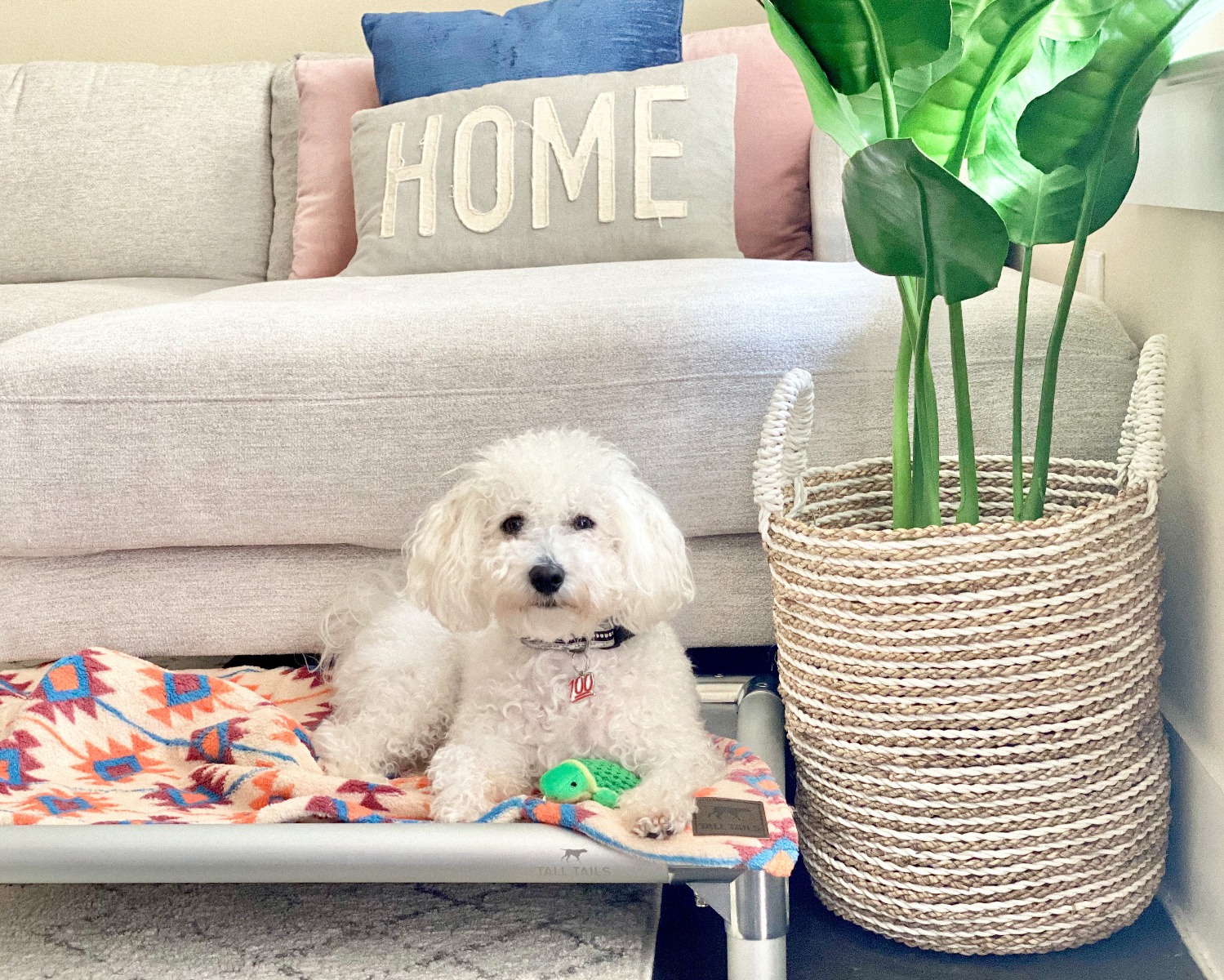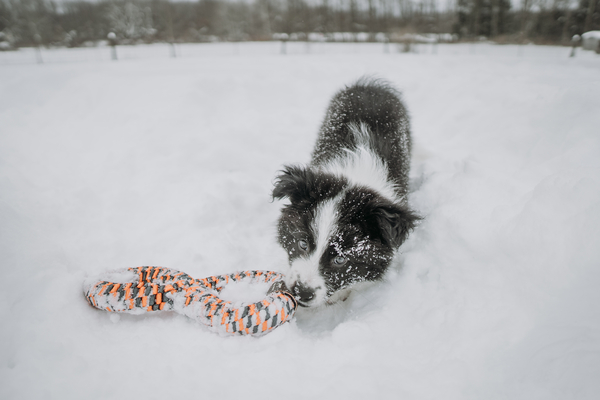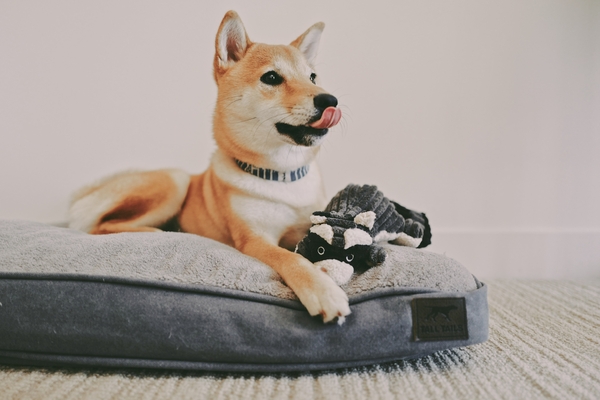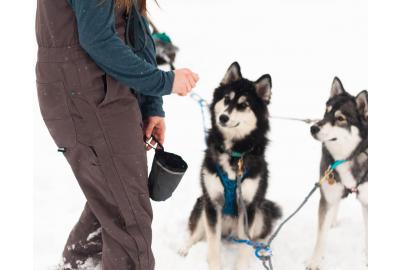Winter weather can present challenges to keeping up with normal routines and outdoor activities—for humans and dogs alike.
After all, getting out of bed on a sunny, warm summer morning requires less will power than on a chilly, dark winter day.
Since we know seasonal differences in sunlight exposure affect human hormones and circadian rhythm (the wake-sleep cycle), it’s reasonable to presume there may be effects on dogs as well. Plus, changing schedules and activities can impact mental and emotional health.
Here are some ways cold weather may affect dogs…
- Wintry conditions make it harder to get outside for long walks, trips to the dog park, etc. In fact, extended time outdoors in very cold weather can be unsafe.
- Being stuck indoors means a dog may be less active during winter. This makes some dogs stir crazy, while other dogs accept this lazier lifestyle as their “new normal” or become less active due to boredom. Therefore, resuming exercise may be harder once the weather warms up, especially if a dog has gained weight during the winter.
- Pups with arthritis or other medical conditions may experience worsening of their symptoms in cold weather.
If you live in a place with seasons, winters are a part of life. So it’s important to plan for your pup’s needs during cold weather.
Here are a few ideas for how to do that…

Maintain a Predictable Routine
Your routine includes factors such as what time everyone wakes up, leaves for work, and goes to sleep, plus when mealtimes, playtime, or other activities occur for your dog.
A routine provides comfort by letting your dog know exactly what to expect each day.
Try to maintain a consistent routine. If you need to change your schedule (for example, changing walk times during winter), make the change slowly over a week or two.

Keep Your Dog Active and Entertained
Keeping a dog active and fit in wintertime is not only possible, it’s also good for their physical, mental, and emotional health.
Ideas include…
- Short walks outside, with appropriate aids such as a dog coat, sweater, or booties.
- Indoor activities like tag, tug-of-war, fetch, and other games.
- Mental stimulation like puzzle feeders.
Check With Your Veterinarian
Certain medical conditions—like arthritis—are aggravated by cold weather.
Also, winters may be harder on dogs with conditions like hypothyroidism, and dry air may cause itchy or flaky skin in any dog.
Talk to your vet ahead of the season to see if they recommend supplements, changes to medication doses, or any other tips for your furkid.

Keep Your Dog Cozy and Comfortable In Cold Weather
One way to do this is by offering a soft, warm dog bed that suits your pup’s needs and preferences.
Many pups, especially small dogs and dogs with short fur, love cuddling up in a bolstered, donut, or cave-style bed. And older dogs or dogs with arthritis may appreciate a bed with thick cushioning.
To ensure your dog gets maximum enjoyment, place the bed in a room where your dog normally likes to sleep, away from chilly draughts.
With a routine, fun activities, and warmth and coziness, winter can be comfortable and enjoyable for your four-legged friend!
Additional Reading:
How Changes in Weather Can Affect Your Dog’s Mood: https://www.akc.org/expert-advice/health/how-changes-in-weather-can-affect-dogs/#:~:text=They%20often%20become%20more%20active,%2C%20Cushing's%20disease%2C%20or%20arthritis.
Do Dogs Get Seasonal Affective Disorder: https://www.rover.com/blog/seasonal-affective-disorder-dogs-pets-get-winter-blues/






